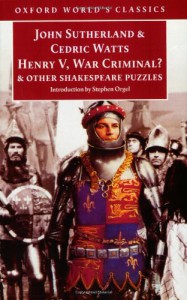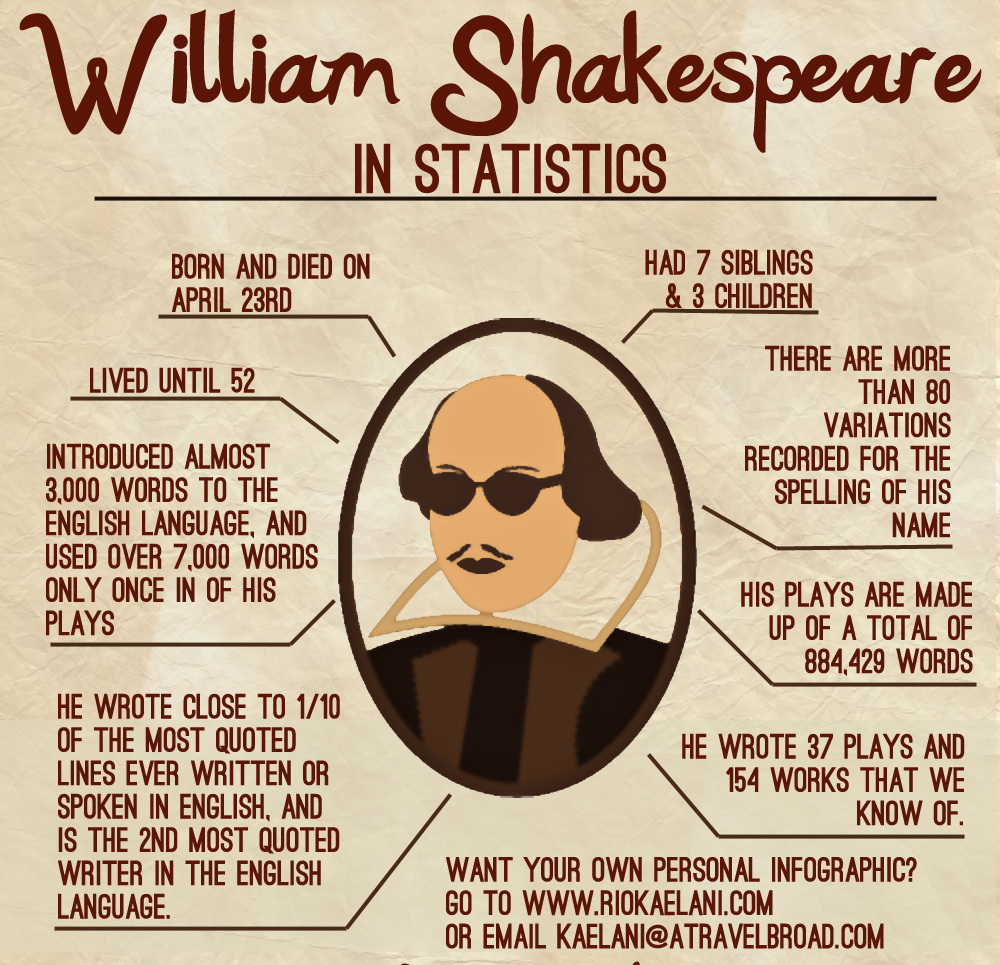Shakesperian Conundrums

I recently reread this book with the purpose of rewriting this review, however instead I wrote a blog post instead.
This book is a collection of essays that explores some of the problems that arise from Shakespeare’s plays, though the conclusions of most of these essays tend to come down to the fact that there actually isn't a problem if only we understood the way the play was written and Shakespeare's original intention (and the fact that he is simply using poetic license). However, to me, this sounds like the authors seem to think that Shakespeare can do no wrong, and any problems that arise from his plays have more to do with our limited understanding than with any internal flaw. My response to this is simply that Shakespeare is human, albeit a very talented human, but still a human. In this review I won't so much comment on their essays but rather touch on some of the problems that appear to have arisen. The main reason for this is that it has been a while since I read this book, and with the bulk of books for me to read and to reread, unfortunately this book will not be one of them (though, obviously, I have since reread it).
The first topic is whether Henry V was a war criminal. This argument is flawed in so many ways that to even consider this is simply anachronistic. Look, in today's world, he mostly would be, but remember, he lived over 500 years ago at a time that England was still technically living in the Middle Ages. Many people do not attribute England's entry into the modern world until after the end of the Wars of the Roses. Further, we may label Henry V as a war criminal, but weren't all the other kings and generals the same at that time. While there was a basic understanding of the rule of law and of human rights, he did not have a Geneva convention, nor did we even have any rules for war until after the conclusion of the Thirty Years War. Anyway, remember that history is written by the winners, and in this particular period Henry V was the winner.
There is also a essay about the age of some of the characters, such as King Lear and Juliet. I actually wonder what the point and purpose of this essay is. Why should we concern ourselves with Lear's age or Juliet's youth. I suspect that Lear was probably quite old, and the character seems to play this out quite well. He has elements of depression (and I actually wanted to run a depression test over him to see if we could diagnose Lear as such). He also has elements of dementia, and spends most of the play wracked with insanity. As for Juliet, my immediate guess would be that she would be in her early to mid teens. The reason I say that is because that is the age where well heeled women would be married.
Then there is the essay on Hamlet, though from the title I am not sure whether they are referring to Hamlet as being stupid, or the ghost, however I would suggest that the stupidity is resting with Hamlet. This is actually a good aspect of the play to look at, and it is something that I have considered as well. In those days, though I suspect that the original Hamlet (Amleth) occured during a pre-christian period. However, it is clear that the play is set after Denmark became Christian, so the question is, why did Hamlet listen to the ghost despite Christian doctrine warning us away from such spiritual entities. My immediate response is simply that the ghost, demon or not, appeared to Hamlet as his father. Further, Hamlet doesn't immediately trust the ghost, and decides to test the truth of the Ghost's accusations. That is why he staged the play, and was also hesitant in killing Claudius. It is only when he overhear's Claudius confessing his sin that he knew that the ghost was telling the truth.
Finally, I will look at the question of whether Cleopatra was a dead-beat mum. I have just finished reading Antony and Cleopatra, and my immediate answer would be yes. As I suggested in my commentary on the play, Cleopatra seems to play the role of a serpent who wraps herself around Antony and tries to bring him into her power, to be her king and emperor, and to raise herself to the position of emperess of the world. tn was the battle between Ceaser and Antony outside Alexandria that set the course of the future empire, and it was Ceaser who won. I would not necessarily say that Cleopatra threw her lot in with the wrong person. No, Antony was maleable, and exposed to her wiry charms, and it seems that he defeat and failure was pretty much predestined.
Oh, an here is a pretty cool image I found on the internet last night:

 1
1


